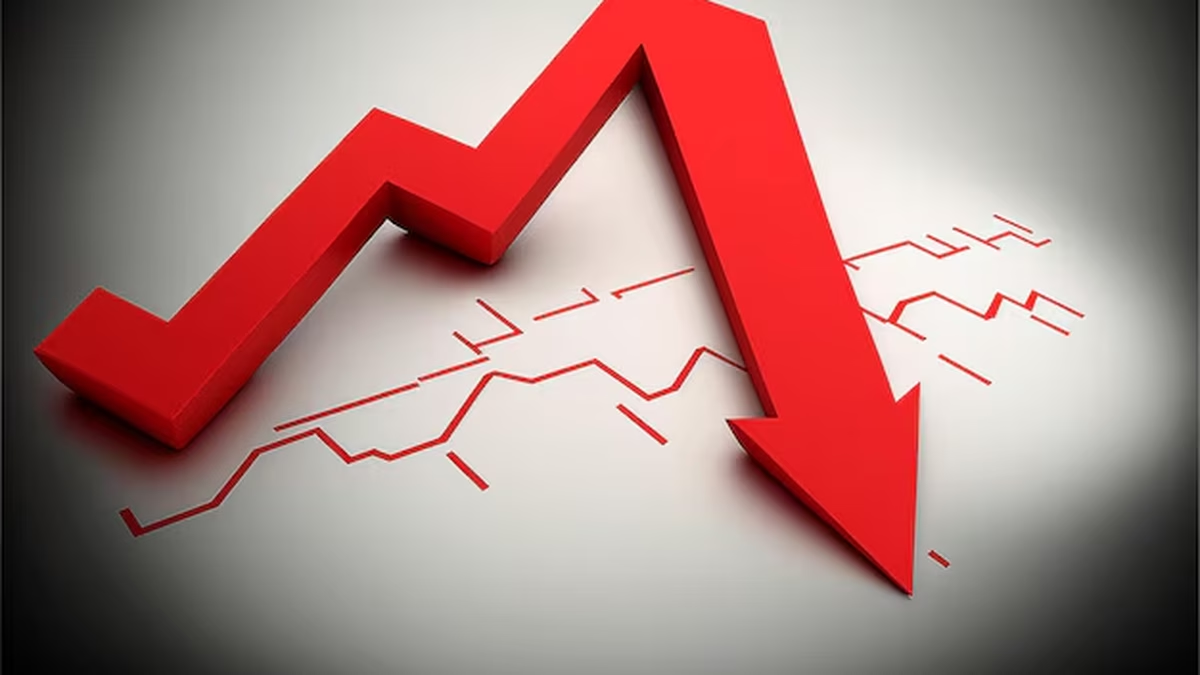The world faces the “most complex” geopolitical situation in decadesthe director of the World Economic Forum (WEF)and warned that the situation is “impacting global growth.”
“It is the most complex geopolitical and geoeconomic background that we have seen in decades,” said the Wef president and executive director, Borge Brende, before a forum meeting in the Chinese city of Tianjin.
“If we are not able to reactivate growth again, unfortunately we can see a decade of lower growth”he warned.
The Prime Minister of Singapore, Lawrence Wong, attends among other leaders to the Tianjin meeting, known as the “Summer Davos”.
This year coincides with the United States participation in the Iran-Israel conflict and after months in which the world economy has been affected by the tariff war unleashed by US President Donald Trump.
The World Bank reduced its world growth forecast for 2025 to 2.3% compared to the previous 2.7%, after a similar reduction of the International Monetary Fund.
Brende told AFP that it is still too early to predict the impact of Trump’s tariffs “because negotiations are still ongoing.”
“I think the jury is still deliberating, but the traditional globalization we met has become a different system,” he said. He also warned that the tariff conflict could have a “very negative impact” on world growth.
“China really matters”
The Wef meeting in Tianjin coincides with an uncertain situation for the Chinese economy, affected by several years of real estate sector and the weak internal consumption.
“China really matters,” said Brende, and said he hopes that the country represents almost 30% of world growth this year.
“China is guiding its economy towards digital trade, towards services and is also opening to increase domestic consumption, something that is important,” said Brende.
Since the end of last year, the Chinese administration has taken aggressive measures, such as cutting the main interest rates or ending the restrictions on housing.
However, many economists continue to doubt that the Chinese economy can reach 5% growth, the official objective of the government.
In a context of commercial war that endangers exports, China is looking to develop artificial intelligence as a source of future growth.
“In the past, trade was the engine of growth, but it cannot be excluded that new technologies, including AI, can do it (…) perhaps replacing the important role that trade had,” Brende told AFP. Although trade will continue to be “very important,” according to the Wef director, new technologies can provide the productivity impulse necessary to “avoid a decade of slow growth.”
Source: Ambito




